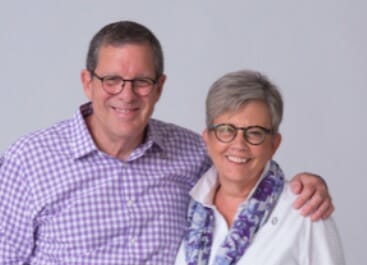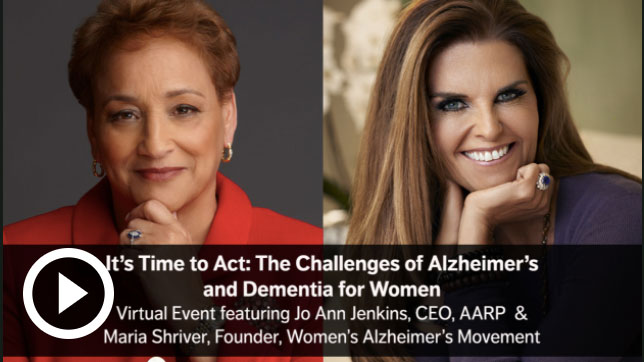This Giving Tuesday, consider donating to help fund Alzheimer's and dementia research.
More than 6.5 million Americans are living with Alzheimer’s. By 2050, this number is projected to rise to more than double. One in 3 older adults will develop Alzheimer’s or another form of dementia during their lifetime. In fact, according to the Alzheimer’s Association, the disease kills more than breast cancer and prostate cancer combined. As Alzheimer’s prevalence grows, and as the U.S. population ages, there has never been more urgency to the search.
Accordingly, research is in high gear, as scientists around the world investigate risk, biomarkers and more: What causes the disease? How exactly does it progress? What treatments and therapies can improve quality of life for people living with Alzheimer’s and related dementias? How can we ease the burdens of caregivers? How it Alzheimer’s be stopped? Funds pouring in both from the public and private sectors, and there are currently more than 100 drugs — designed to treat symptoms, slow or stop disease progression — in the research pipeline.
There are dozens of national nonprofits that focus on Alzheimer’s and dementia, and hundreds of smaller organizations that make big impacts locally. That means countless opportunities to give in both big and small ways, and to make monetary contributions and non-monetary ones, whether you’re helping a massive, well-known charity or a little, local one. Plus, there are charities with all different focuses — from research institutions, to community memory cafes, to organizations that support caregivers (like the nonprofit Mind What Matters).
What kind of gift do you want to make?
In a recent Being Patient interview with Patrick Kirby of DoGoodBetter, a fundraising consulting agency that helps donors and nonprofits get the most out of their efforts, Kirby said supporting a good cause requires a lot of thought.
“Donations are a really personal decision,” he said. If you’re not sure what organization you want to support, Kirby advised that defining the purpose behind your gift by making a list of reasons to donate is a good place to start. “Sometimes it really helps to sit down with the development officer or a volunteer from the organization you’re looking to give to. Ask them questions and see if their goals as a nonprofit align with your own,” he added.
For example, he said, if a dementia nonprofit donates most of its funds to research, but you’d rather the money go to community support, that’s a clue your gift might be more personally valuable elsewhere.
“Figure out what’s most important to you. Are these new drugs to treat dementia or slow it down? Better care support? Then ask yourself what you want to see happen,” Kirby said. “These questions will guide you to where to direct funding.” He added that non-monetary giving has a massive impact: “Even publicly sharing how you’ve been impacted by the disease creates empathy where there maybe wasn’t any before, Kirby said. “Telling your story is truly a gift.”
Have you done your due diligence?
While it’s nice to think all nonprofits follow their mission no matter what, that’s unfortunately not always the case, Kirby said: “If it sounds too good to be true — like it’s an organization that’s promising cures with no documentation or proof — that’s a red flag,” he told Being Patient. “Also be wary of nonprofits that do everything without a clear focus.”
Nonprofit watch groups like Charity Navigator give grades to charitable organizations based on specific criteria, such as the percentage of its funding that goes directly towards research versus how much goes to administrative or marketing costs. For example, they’ve flagged seven Alzheimer’s charities and seven additional dementia-related charity organizations as a 4-star quality rating or higher. One might also look for credible, official websites that describe and compare various Alzheimer’s charities.



